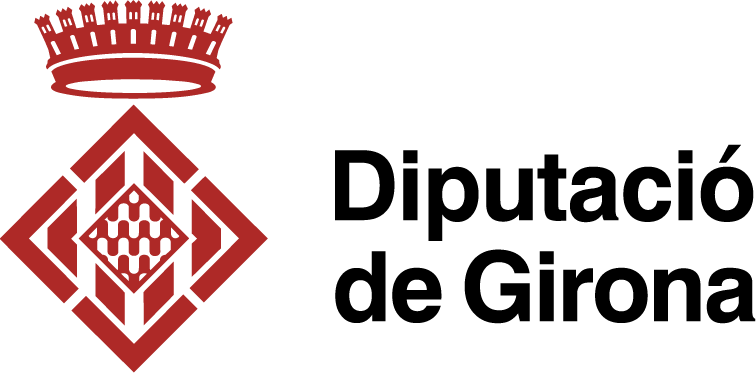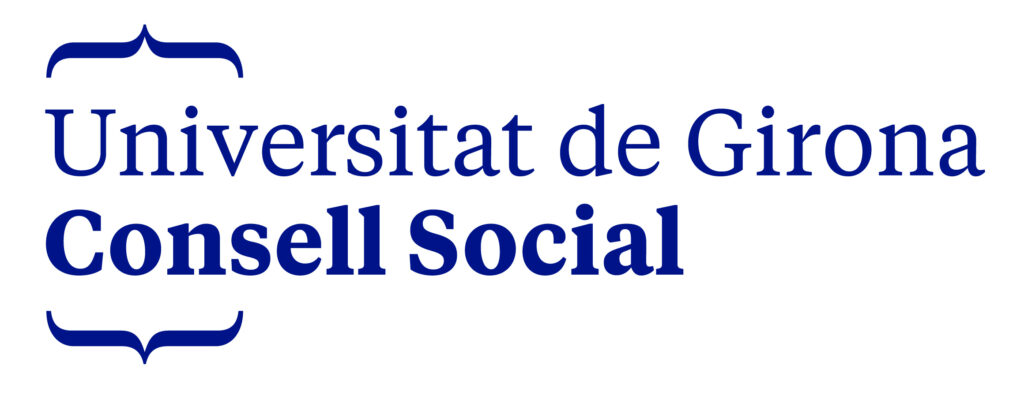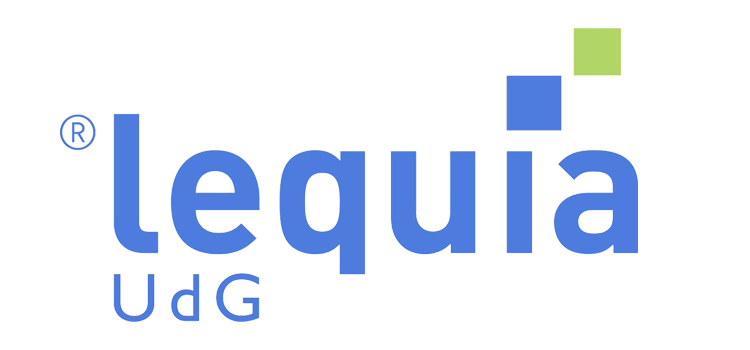Beatriz Rodríguez-Labajos
Wednesday 27th June, 15.00-17.00, UAB Campus
Collaboration between scientists and activists is common in degrowth and environmental justice research. This does not differ from other fields of engaged research. The difference lays perhaps in success achieved in bringing its findings to audiences used to the highest standards of scientific publishing.
Databases like Web of Science or Scopus report 2 papers addressing degrowth in 2008. In just one decade, more than 60 peer-reviewed papers are published every year. They have reached the audiences of journals such as Geoforum, Ecological Economics, Science of the Total Environment, Energy Policy, or Land Use Policy.
On the one hand, this clearly responds to the interests of the topics themselves. On the other hand, many degrowth scholars are clear about the need to challenge existing academic propositions ‘from within’ through a rigorous publication strategy. In doing so, the scholars also challenge themselves, ensuring the production of robust research.
Academic publishing is not and should not be the only way to disseminate ideas on degrowth and environmental justice. Many conventions in academic publishing need to be revised. Yet the benefits of maintaining and strengthening this line of intellectual production are also important.
Scientific publications help us disseminate ideas about radical transformations among academic audiences. They thus stimulate critical debates with people who eventually will have a role in societal change, through either policy-oriented research or training. The process of publishing our work also helps ourselves, as generators and promoters of new ideas, to improve them through a rigorous review processes.
This workshop is intended for participants that want to improve their skills in positioning their papers in peer-review academic journals. We will start with some tips on how to select a suitable journal based on your research interests. We will go then through the steps for planning the publication process. In this respect, we will emphasize the ways how to better position your contribution in a way that makes it relevant for the audiences, and for the different participants in the editorial process, including the reviewers.
The workshop does not aim at ‘teaching’ how to publish, but at sharing experiences. Experienced researchers in the group who wish to share their own experience are welcome to co-conduct the workshop.




